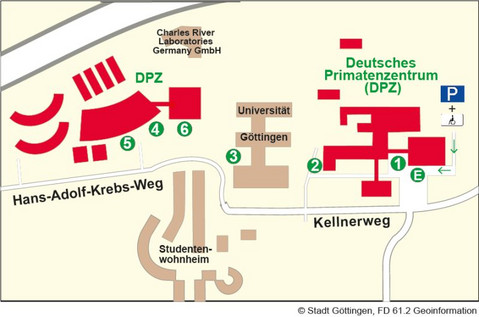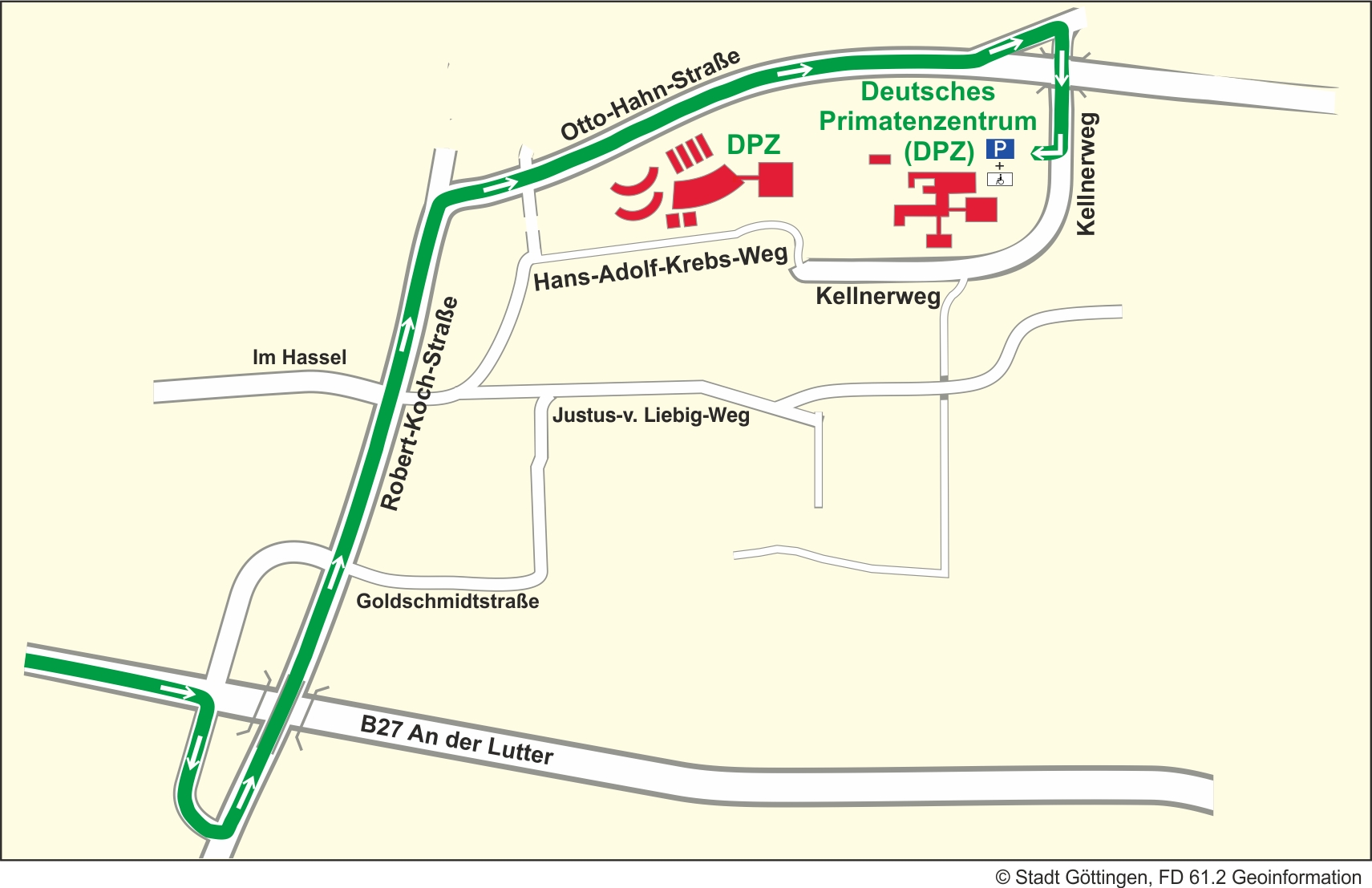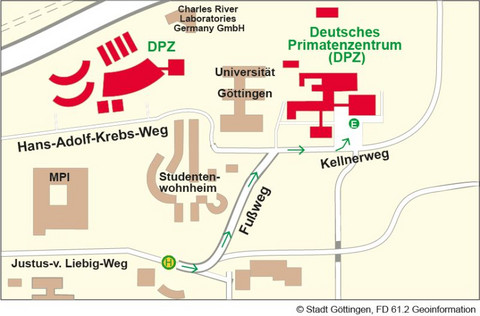Bridging the technological gap - Spreading technological innovations in the study of the human and non-human mind
Als Kalendereintrag speichernScientific advances depend not only on new ideas, conceptual leaps, and paradigm shifts, but also on technological innovations that make these steps possible. Especially in the study of cognition and behavior across species, rapid technological change creates immense opportunities to revolutionize scientific methods. The incredible speed of these changes makes it challenging for many researchers to keep up, and research communities struggle with impeding inconsistencies in the application and reporting of novel technological methodologies. Thus, the goal of this workshop is to bridge this technological gap by
- enabling early career researchers to build expertise (through lectures and hands-on training sessions) in the use of technology-based non-invasive methods: (I) motion tracking, (II) eye tracking, (III) pupillometry, (IV) thermal imaging, and (V) their machine learning equivalents and extensions,
- developing/discussing/sharing common standards and guidelines for the use of these methods,
- creating a vibrant, inspiring, and supporting research network, and
- fostering the exchange of ideas and the exploration of potential collaborations by providing ample opportunity for chats and discussions between the workshop sessions, during the welcome reception, the social gatherings, and the goodbye dinner.
We invite early career researchers, especially PhD students and postdocs, who are interested in acquiring expertise with non-invasive technological methods to study the cognition and behavior of human and non-human animals.
For details, please visit: https://www.primate-cognition.eu/de/veranstaltungen/bridging-the-technological-gap-workshop.html
Anfahrtswege zum DPZ
Lageplan des DPZ

E - Haupteingang/Anmeldung
1 - Geschäftsführung; Abteilungen: Infektionsbiologie/-modelle, Versuchstierkunde, Primatengenetik, Verhaltensökologie und Soziobiologie, Kognitive Ethologie, Neurobiologie; Verwaltung; Bibliothek; Stabsstellen: Forschungskoordination, Kommunikation, Informationstechnologie, Betriebstechnik
2 - Materialanlieferung/Einkauf
3 - Forschungsplattform Degenerative Erkrankungen; Forschungsgruppe Soziale Evolution der Primaten
4 - Abteilung Kognitive Neurowissenschaften
5 - Tierhaltung
6 - Bildgebungszentrum; Abteilung Funktionelle Bildgebung
Anreise mit dem PKW

Folgen Sie von der Autobahnausfahrt "Göttingen Nord" der B27 in Richtung Braunlage bis zur dritten Ampelkreuzung. Biegen Sie rechts ab Richtung Kliniken und anschließend links in die Robert-Koch-Straße. Am Ende der Straße fahren Sie rechts in Richtung Nikolausberg auf die Otto-Hahn-Straße. Die erste Straße zu Ihrer Linken ist der Kellnerweg, das Primatenzentrum ist ausgeschildert.
Anreise mit dem Bus

Ihr Fußweg von der Bushaltestelle Kellnerweg zum DPZ-Haupteingang/zur Anmeldung:
Von der Bushaltestelle Kellnerweg (Linie 21/22 und 23) Straße überqueren, in Fahrtrichtung des Busses gehen. Am Briefkasen links in den Fußweg einbiegen und rechts halten. Am Ende des Fußwegs rechts in den Kellnerweg abbiegen. Der Haupteingang des DPZ liegt dann auf der linken Seite.
Datum und Uhrzeit 31.07.22 - 16:00 - 06.08.22 - 18:00 Auf max. 30 Teilnehmer begrenzt. Anmeldung erforderlich
Hanna Schleihauf (DPZ)
Laura Lewis (Harvard)
Pierre-Etienne Martin (MPI Evolutionary Anthropology Leipzig)
hschleihauf@dpz.eu
